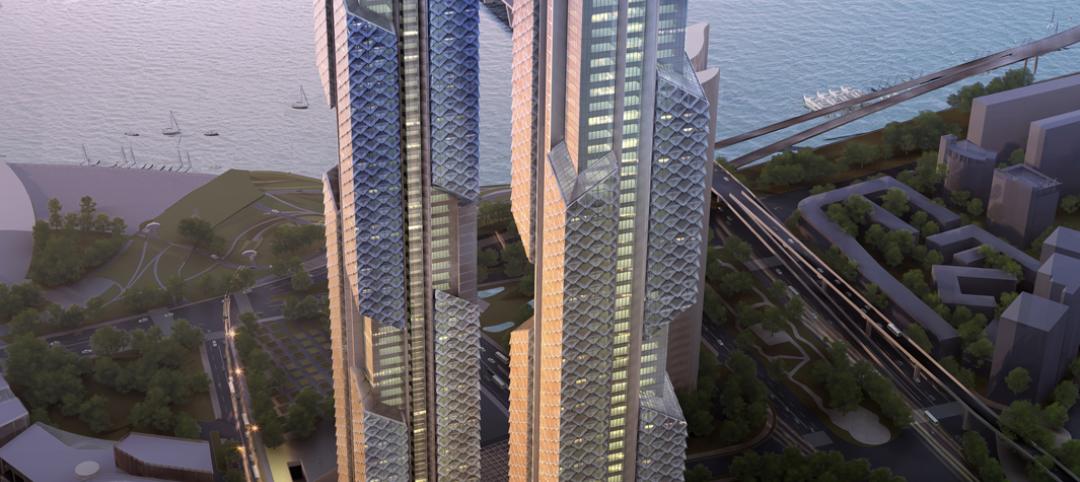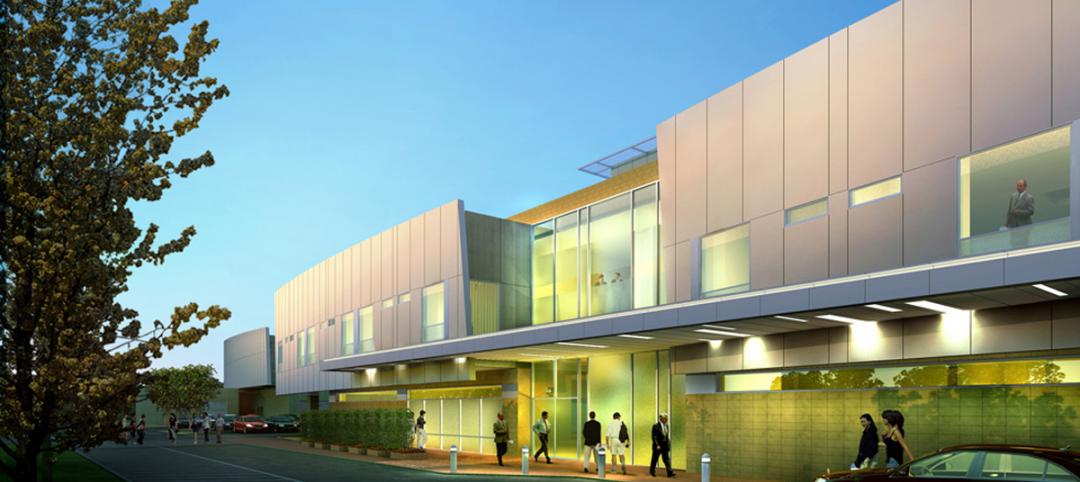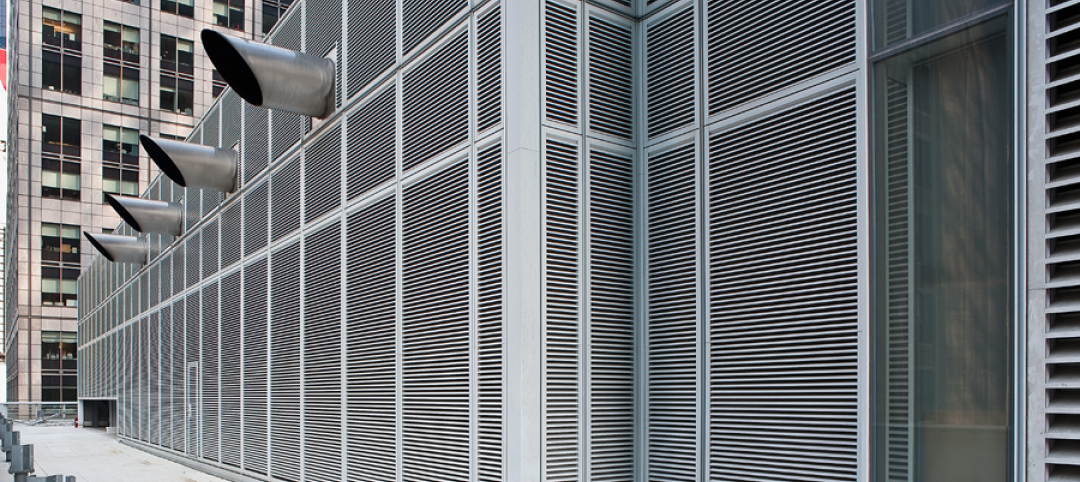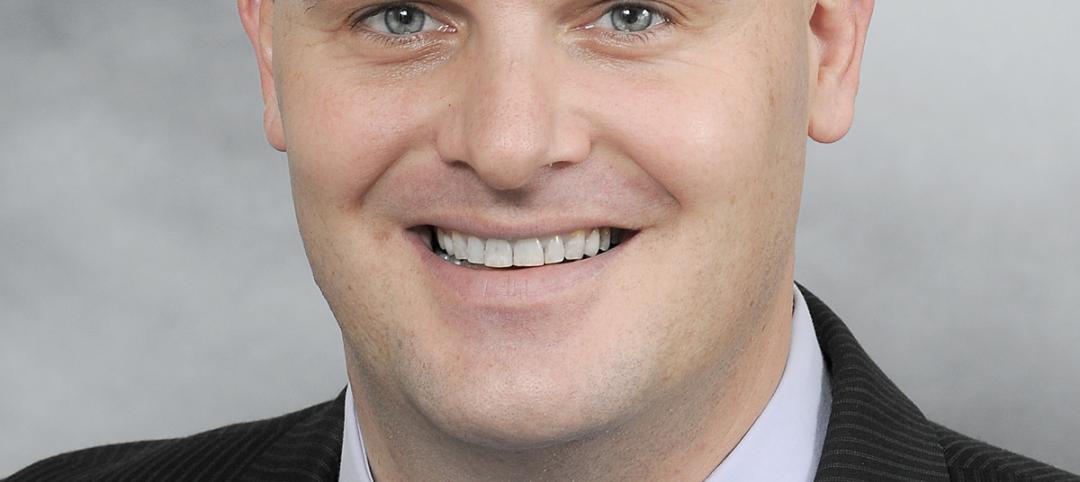 |
Healthcare construction spending grew at a compound rate of more than 10% for seven years through mid-2008, but has stalled since then. The stall, however, still represents better growth than almost any other construction market during the recession, which deepened as a result of the fall 2008 credit freeze.
During the stall, hospital construction spending increased 9% from the period before the credit freeze, while spending for nursing homes and other residential care facilities dropped 20% and spending for specialized medical office buildings fell 17%. Hospital construction spending is projected to remain steady through 2010, rising only as a result of higher project costs.
Hospital managers are enjoying a steadily rising revenue stream from patient care, but offsetting that are concerns about possible cuts in fees from states for “free care” and cuts in Medicaid and Medicare. As a precaution, some projects have been trimmed back or deferred.
The recent slowing trend for medical offices and residential care buildings parallels trends in other developed financed sectors, although the slowdown began later and so far has been less severe. Some developers lost credit access because of weakened income and balance sheets. Others lost credit access because lenders are concerned about cash flow coming from new capacity in a depressed economy. Bank examiners have also been steering regional and local lenders away from nonresidential mortgages. As a result, those two small commercial healthcare sectors will continue to decline, along with other commercial properties, through the winter. Following that, they will decline further because spending for other commercial properties will have begun to expand and projects in the pipeline will have fallen substantially.
Look for healthcare construction spending to return to a 10% annual growth pace in 2011, reflective of the usual cyclical surge after a recession. The rebound for hospital construction spending results from delayed stimulus plan funding and the resumption of work that was put on hold while healthcare was debated in Washington. —Jim Haughey, BD+C economist
Related Stories
| May 14, 2012
Plumbing research coalition to study drainline transport issue
The effort is aimed at determining if decreasing levels of water flow––caused by increasingly efficient plumbing fixtures––are sufficient to clear debris from plumbing pipes.
| May 14, 2012
Adrian Smith + Gordon Gill Architecture design Seoul’s Dancing Dragons
Supertall two-tower complex located in Seoul’s Yongsan International Business District.
| May 8, 2012
Morgan/Harbour completes three projects at Columbia Centre
Projects completed on behalf of property owner, White Oak Realty Partners, LLC, Pearlmark Realty Partners, LLC and Angelo Gordon & Co.
| May 3, 2012
Ground broken for $94 million hospital expansion at Scripps Encinitas
New facility to more than double emergency department size, boost inpatient beds by 43%.
| May 1, 2012
Time-lapse video: World Trade Center, New York
One World Trade Center, being built at the site of the fallen twin towers, surpassed the Empire State Building on Monday as the tallest building in New York.
| May 1, 2012
Bruce E. Brooks Associates announces new commissioning subsidiary
Brooks + Wright Commissioning to be led by Will Wright.
| Apr 27, 2012
APA launches wood design web portal for building and design pros
Design professionals who are members of APA’s Professional Associates are automatically enrolled in the APA Designers Circle program.
| Apr 27, 2012
GE launches electric vehicle charging platform
WattStation Connect provides owners a user-friendly method to manage, monitor and maintain their EV charging ecosystem network.
















